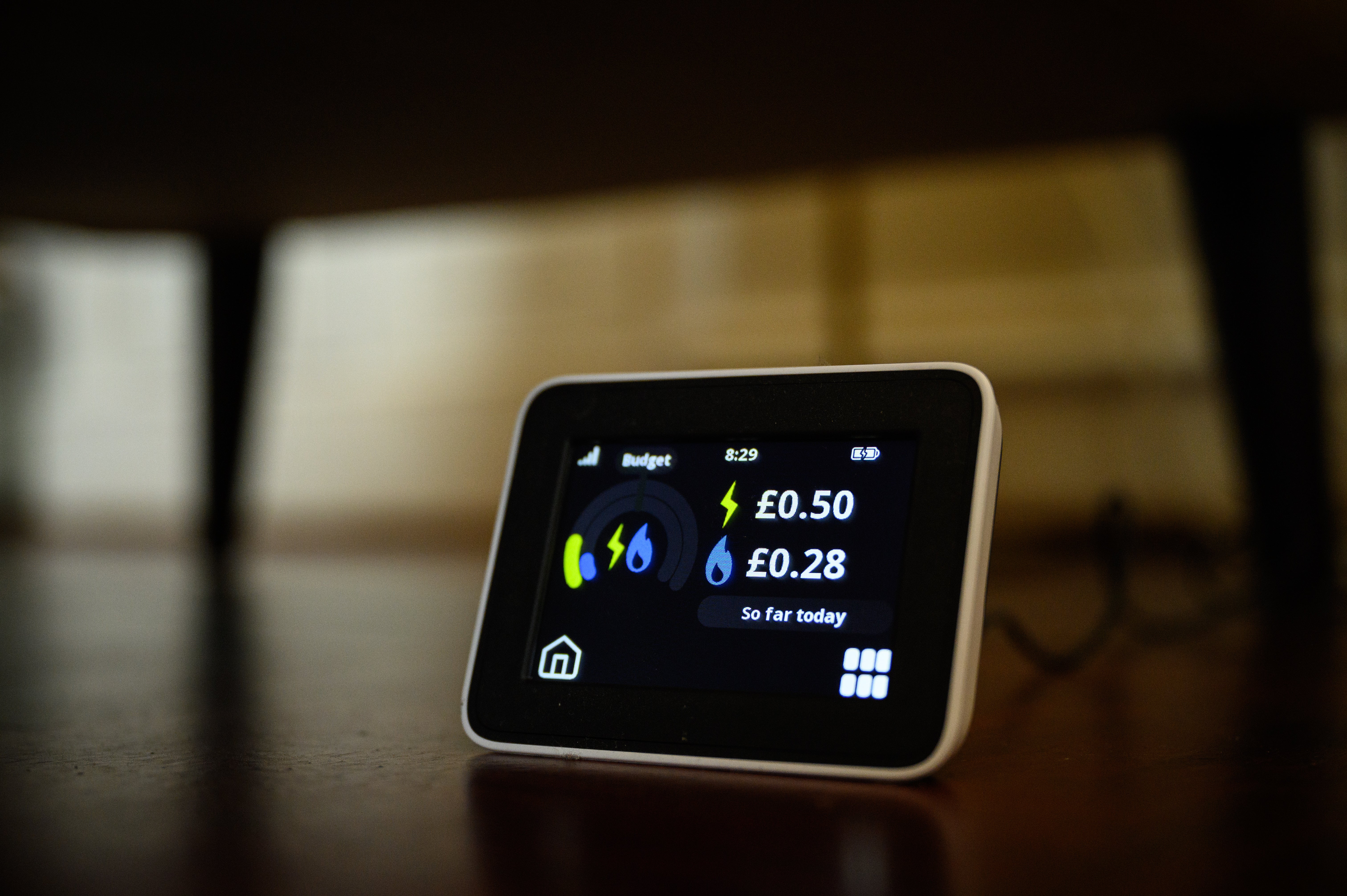It’s immoral that disabled people are being sidelined during this energy crisis
Editorial: Once again, those with disabilities hardly figure in the national debate on the cost of living crisis. And once again, they are treated as an afterthought at best

As Boris Johnson remarks, in a still-rare moment of candour, “It is going to be tough in the months to come... it’s going to be tough through to next year.” And what does the man who is still formally, and otherwise, prime minister offer? An unspecified “package” of further help (which may well amount to tokenistic measures) and advice to people that they should have a sense of “hope and perspective”.
None of that will pay the gas bill. It will certainly be tough for many, particularly for larger and less-well-off families in larger, older properties; for the elderly, more at risk of hypothermia and less inclined to seek the help they are entitled to; and for a group of people who are too often neglected in so many areas: those with disabilities. Once again, they hardly figure in the national debate on the cost of living crisis. And once again, they are treated as an afterthought at best.
In the case of disabled people who are in receipt of social security, the outlook is bleaker than for most of their fellow citizens. In the first place, many have a lower income simply because they cannot work as easily as others, and society often fails to make the reasonable adjustments necessary to help them to get better-paid jobs.
Second, living with disabilities has always been expensive. There are often extra costs that must be met somehow, such as buying and running special equipment that requires electricity; transportation and mobility; the larger accommodation necessary to facilitate wheelchair use. So the cost of living crisis is already disproportionately affecting households that include a disabled person.
Those who have children with special needs know very well what a struggle it can be to get help from a local authority – and now they will face a steep rise in living costs, with no corresponding increase in the support they receive from the benefits system.
Uprating benefits, including the personal independence payment, by, say, 3 per cent when inflation is already in double figures, and when wages are stagnant for many, equates to only one thing: a tight squeeze on living standards. So tight, indeed, that the rise in energy bills alone might wipe out the value of certain social security payments.
As The Independent reports, under the January price cap as currently estimated, 1.4 million claimants will be presented with energy bills amounting to 132 per cent of their annual benefit. Families with a disabled child will face bills equivalent to 116 per cent of their disability living allowance. These figures also understate the impact of the energy price hikes on such households, because disabled people typically have higher-than-average energy needs.
According to the Office for National Statistics, disabled people in Britain who said their cost of living had increased were more likely than non-disabled people to reduce spending on food and essential items (42 per cent compared with 31 per cent).
It is morally wrong that those with disabilities, whose lives (and those of their families and friends) are already more difficult, should come off worst in this crisis, and that they should have to choose between heating and eating.
To keep up to speed with all the latest opinions and comment, sign up to our free weekly Voices Dispatches newsletter by clicking here
By definition, people with disabilities are the most vulnerable, and they should therefore be the first in line for exceptional help. This could include measures such as uprating their benefits by the current rate of inflation, and bringing forward the increases scheduled for next year so that they can be used to offset higher energy and food bills.
It would have offered some reassurance, at least, if Mr Johnson, Rishi Sunak and Liz Truss (a former minister for equalities) had recognised the peculiarly difficult position in which disabled people find themselves. They find it more difficult to get a job, suffer discrimination, and have generally lower incomes; they must often rely on family, friends, local authorities and social security to lead their lives. They face the sorts of challenges that the able-bodied rarely consider, from getting through a shop doorway in a wheelchair to getting a promotion at work.
They are poorly represented at every level, and their views are seldom listened to, if they are even sought. In a crisis, that is a very bad place to be. It need not be so.






Join our commenting forum
Join thought-provoking conversations, follow other Independent readers and see their replies
Comments